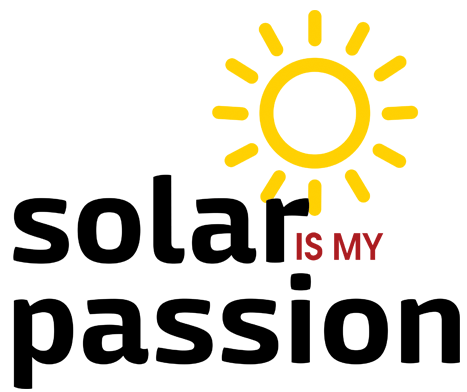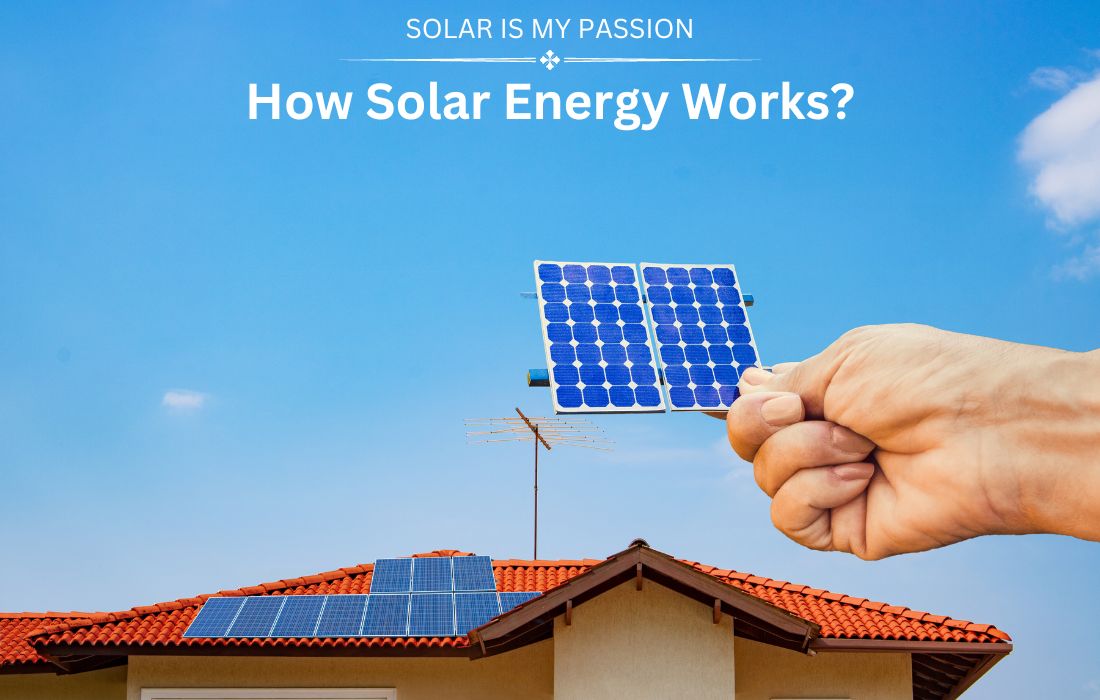Solar energy is one of the most popular and rapidly growing sources of renewable energy in the world. It is an energy source that is readily available, sustainable, and environmentally friendly. It is a great alternative to non-renewable energy sources like coal and oil, which can harm the environment and contribute to climate change.
In this article, we will explore the process of how solar energy works, from the science behind it to the practical applications that make it possible. We will also look at some of the benefits of using solar energy and answer some frequently asked questions about this renewable energy source.
The Science of Solar Energy:
Solar energy is produced by the sun and is the most abundant source of energy available on Earth. The sun is a massive ball of gas that produces energy through a process called nuclear fusion. This process releases energy in the form of heat and light, which we can harness through solar panels.
The Components of a Solar Panel System:
A solar panel system is made up of several components that work together to capture and convert sunlight into electricity. These components include:
- Solar Panels – made up of photovoltaic cells that convert sunlight into electricity.
- Inverter – converts the direct current (DC) electricity generated by the solar panels into alternating current (AC) electricity that can be used to power appliances.
- Batteries (optional) – store excess electricity generated by the solar panels for later use.
- Charge Controller (optional) – regulates the amount of electricity that flows from the solar panels to the batteries.
How Solar Panels Generate Electricity:
Solar panels are made up of photovoltaic cells that are connected together to form a panel. These cells are made up of layers of silicon and other materials that allow them to absorb sunlight and convert it into electricity.
When sunlight hits the solar panel, the photovoltaic cells absorb the energy from the photons in the light. This energy knocks electrons loose from the silicon atoms in the cells, creating a flow of electricity. The electricity produced by each cell is direct current (DC) electricity, which needs to be converted into alternating current (AC) electricity to power appliances.
How Solar Energy is Stored and Distributed:
Excess electricity generated by solar panels can be stored in batteries for later use. When the solar panels are not producing enough electricity to meet the demand, the batteries can supply the additional power needed. In some cases, excess electricity can be sold back to the grid.
Benefits of Using Solar Energy:
Using solar energy has several benefits, including:
- Renewable – Solar energy is a renewable energy source that will never run out.
- Environmentally Friendly – Solar energy does not produce harmful emissions or contribute to climate change.
- Cost-effective – Once installed, solar panels require very little maintenance and can provide free electricity for decades.
- Energy Independence – Solar panels allow homeowners and businesses to generate their own electricity and reduce their reliance on the grid.



Hi, most people don’t know about solar energy, how it works, what are their advantages, and how to install it in their homes and businesses but you have explained it finest way keep in mind if someone read it and your reading skills are good. After reading it, I like your post and the knowledge that you share in your blog. good article.
Thanks